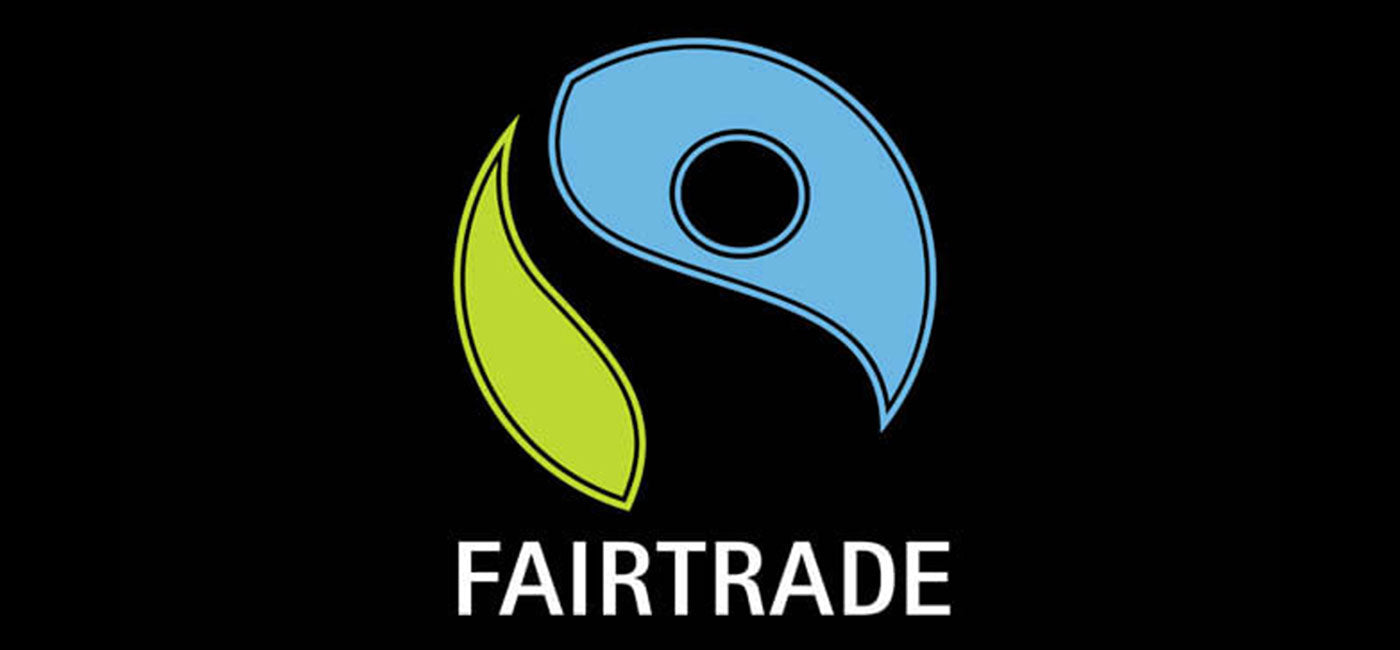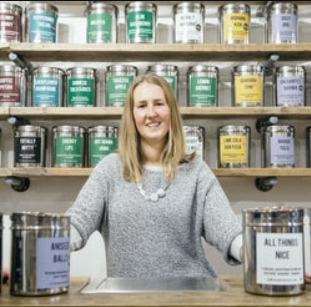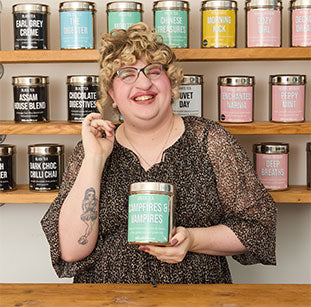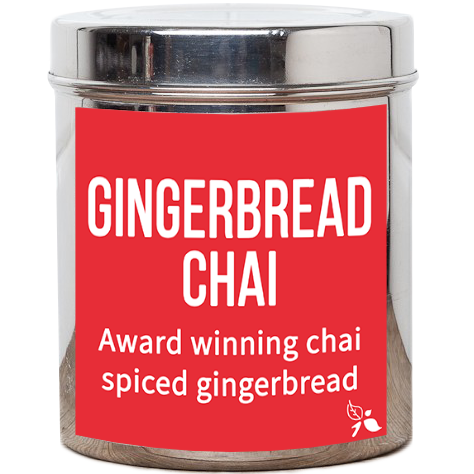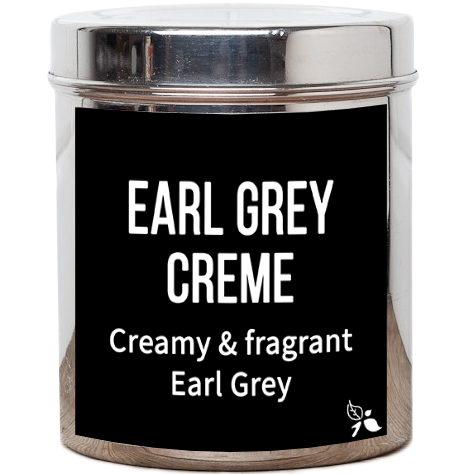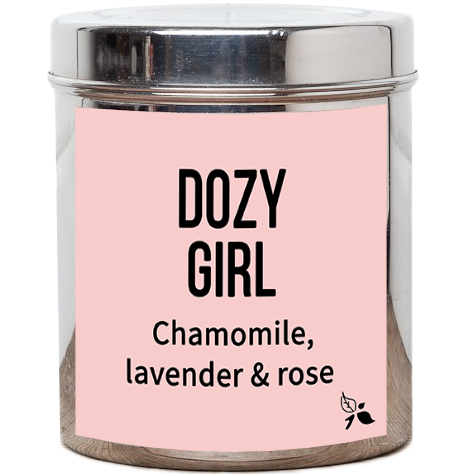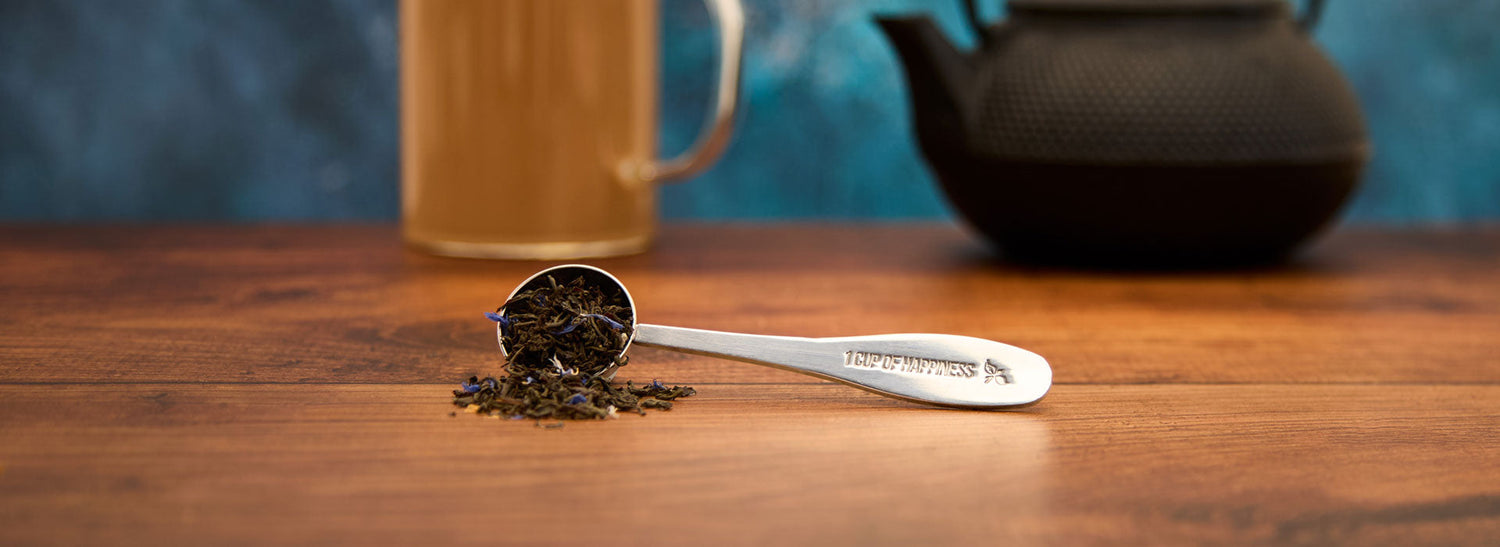We continue our Fairtrade blog, looking at some of the problems with Fairtrade, as well as what Bird & Blend is doing to ensure its tea is fairly traded.
If you haven't read our part 1 blog about Fairtrade then catch up on What is Fairtrade and is it actually fair?
Bird & Blend Tea isn't Fairtrade!? ‘Your tea is Fairtrade, right?’
A regular presumption at our stores, which could present an awkward moment when our team have to reply that no, in fact, our tea blends are not registered Fairtrade! We have built Bird & Blend upon the core belief that treating people fairly and doing business in the right way is the recipe for a successful company and happy customers. So why, when Fairtrade are currently running a campaign to ‘Choose products that change lives', wouldn't we want our tea to have this ethical stamp of approval too?
Bird & Blend’s decision to not pursue a Fairtrade offering stems from our passionate commitment to creating the widest selection of tea blends in the UK. As it stands currently, it is impossible to source our whole range of ingredients from only Fairtrade certified farms. However, that does NOT mean that we pay an unfair price for our tea and other ingredients. In fact, due to the premium nature of the teas and other ingredients we source for our tea blends, we already pay above the Fairtrade base rate p/kg of 'fair' tea. It can therefore been frustrating and short sighted to presume we are in some way unethical just because our packaging doesn't display that little logo.
Regardless of whether it fits with our business model or our passion for creating tea blends, Fairtrade still has a fundamental flaw discussed in Part 1- that it doesn't challenge an inherently unfair trading system in the tea industry.
4 Problems with Fairtrade
- Fairtrade allows us to accept the current system, which still benefits the end retailers the most, as ‘good enough’, when it isn't! By raising cost price per kg by a couple of pence, Fairtrade producing farmers are still trapped by prescribed market standards, rather than being helped out of poverty by long-lasting change to the wider development and economic challenges the tea industry faces.
- Many retailers exploit the Fairtrade logo for commercial gain, none of which gets back to the producers on the ground. Simply put, whack a Fairtrade logo on your packet of tea, pay a few pence more cost price but raise the retail price by £1.00, make mega bucks!
- Fairtrade aren't really an independent body, they are funded by many grants, including from the EU and the tea industries ‘big boys’. This presents challenges when people look to them as the measure for what is right, with no independent checks or measures.
- Fairtrade is inaccessible to the most poor farmers and producers. The poorest farmers can't afford the cost and disruption involved in re-organising their production to meet Fairtrade standards or afford their joining fee. So they end up being cut out of the market, suffering further.
What Next?
We are not saying that trying to make a difference is bad, or that you shouldn't buy Fairtrade. However, a better way would be to see Fairtrade as a starting point from which to consider the further changes that need to happen to address the wider issues facing the tea industry.
We are a committed and passionate company, but we know that our reach is only small at this point. In the near future, we would like to pursue direct partnerships with farmers that enable them to bring their products to market and benefit from the free and open global market, as well as making as much noise about the need to change the whole industry for the better.
Keep your eyes peeled this year as we go out to meet farmers to start this process, as well as producing some exciting literature for the tea industry as a whole!


